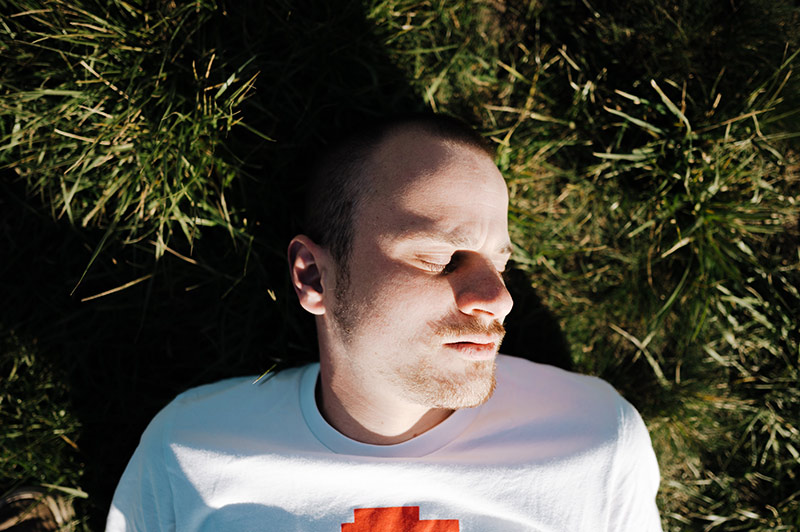Autism and Anxiety in Adults
A US government-backed expert panel has recommended for the first time that adults under 65 should be screened for anxiety disorders. According to the US Preventive Services Task force, the mood disorders should be included along with existing screening for depression among American adults. Considering the prevalence of anxiety in adults, you may wonder if adults with autism also suffer from anxiety. Research states that not only is it possible for anxiety and autism to co-exist, but it’s common.
Over 40% of people with autism are said to be clinically diagnosed with anxiety. The reason for this commonality is that for autistic people, navigating everyday life and its responsibilities poses several challenging realities in a social sense. As a result, they tend to be more prone to experiencing anxiety even at higher-than-average levels.
What is Anxiety?
Anxiety evokes a high sense of fear and extreme worry, interfering with day-to-day events. Though it’s normal for an individual to experience feelings of anxiety at times, they should not be ever-present or continue even long after the event that triggered it has passed.

Anxiety symptoms generally include sweating, muscle aches, persistent thoughts of worry that are hard to control, avoiding things that trigger your anxiety, increased heart rate, trembling, and tense feelings.
Some anxiety disorders tend to co-exist with autism more than others — these include:
- social phobia (intense levels of fear, anxiety, and the urge to avoid social settings)
- specific phobia (particular thing or setting that is preferably avoided)
- obsessive compulsive disorder (intrusive thoughts and ongoing compulsive behaviors)
- and separation anxiety (impaired social development of the individual due to overprotective parenting).
What is Autism?
In general terms, autism spectrum disorder (ASD) speaks to an individual’s difficulty in interacting with their environment. ASD impairs brain development, causing a significant difference in conduct and interest. Social discourse is often much harder due to their inability to relate to how others think and feel.
However, the disorder affects different people in different ways. Some people with autism don’t struggle with connecting verbally or emotionally with their peers or loved ones but instead find it hard to connect with themselves in this manner.
Diagnosis, Medication and Therapy
It is critical that a certified psychiatrist or psychologist conducts the diagnosis of autism and anxiety in an adult. There are varying online autism and anxiety tests that can be used to assist with diagnosis, but thorough observation is preferred by a mental health professional who can decipher the symptoms separately of anxiety and autism amongst adults.
Medication and psychotherapy are the ideal modes of treatment for autistic adults who experience anxiety. The medication used differs based on the type of anxiety the autistic adult is experiencing. Cognitive behavioral therapy is the go-to psychotherapy option for autistic adults who are faced with anxiety, even high-functioning autistic individuals.
Final Thoughts
Caring for yourself as an anxious autistic adult is manageable with the right guidance, even if it means reaching out to the right caregiver to assist.
Are you considering caring for a friend or family at home? You might be eligible for a monthly payment. Apply now or give us a call at 508-880-8889.
